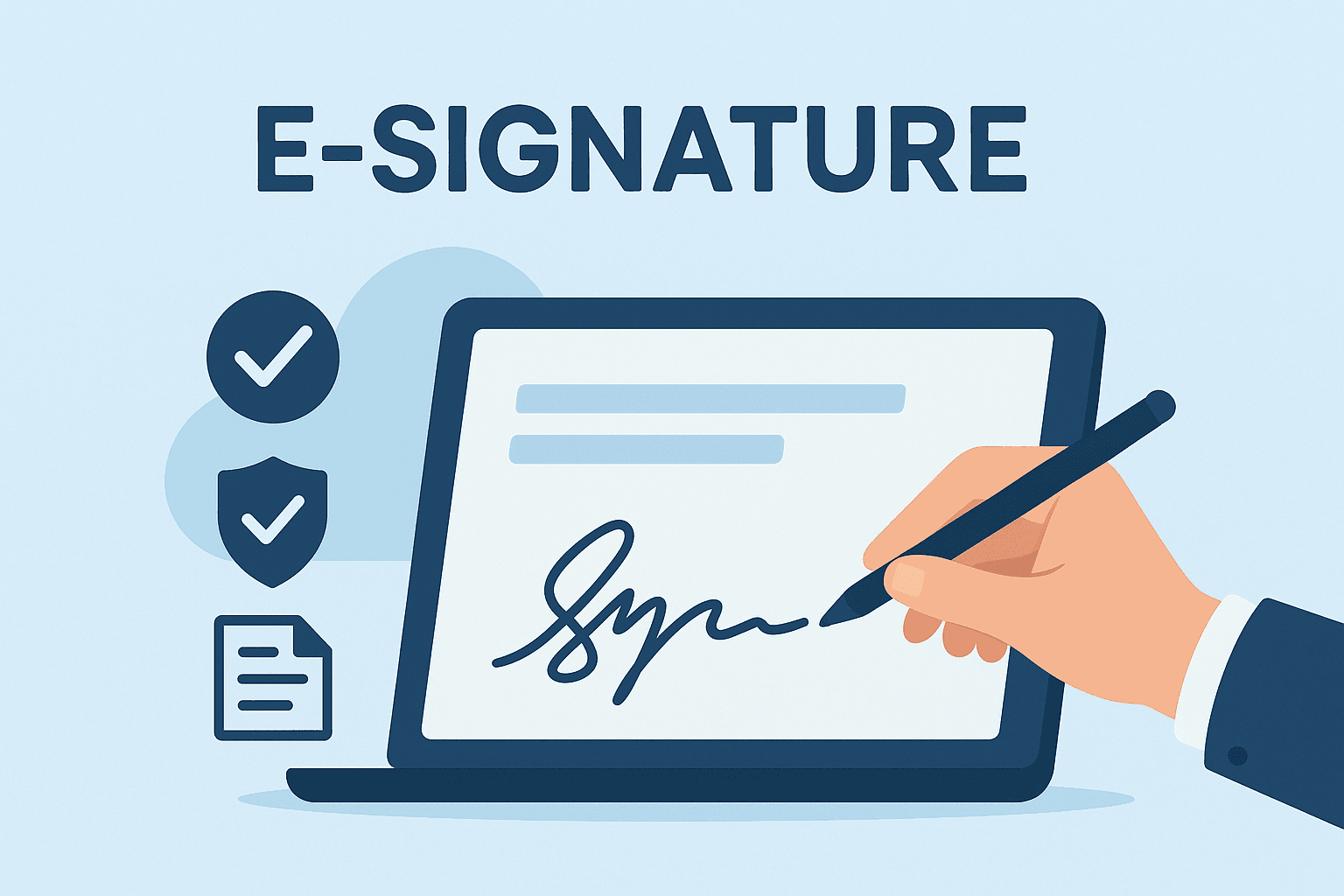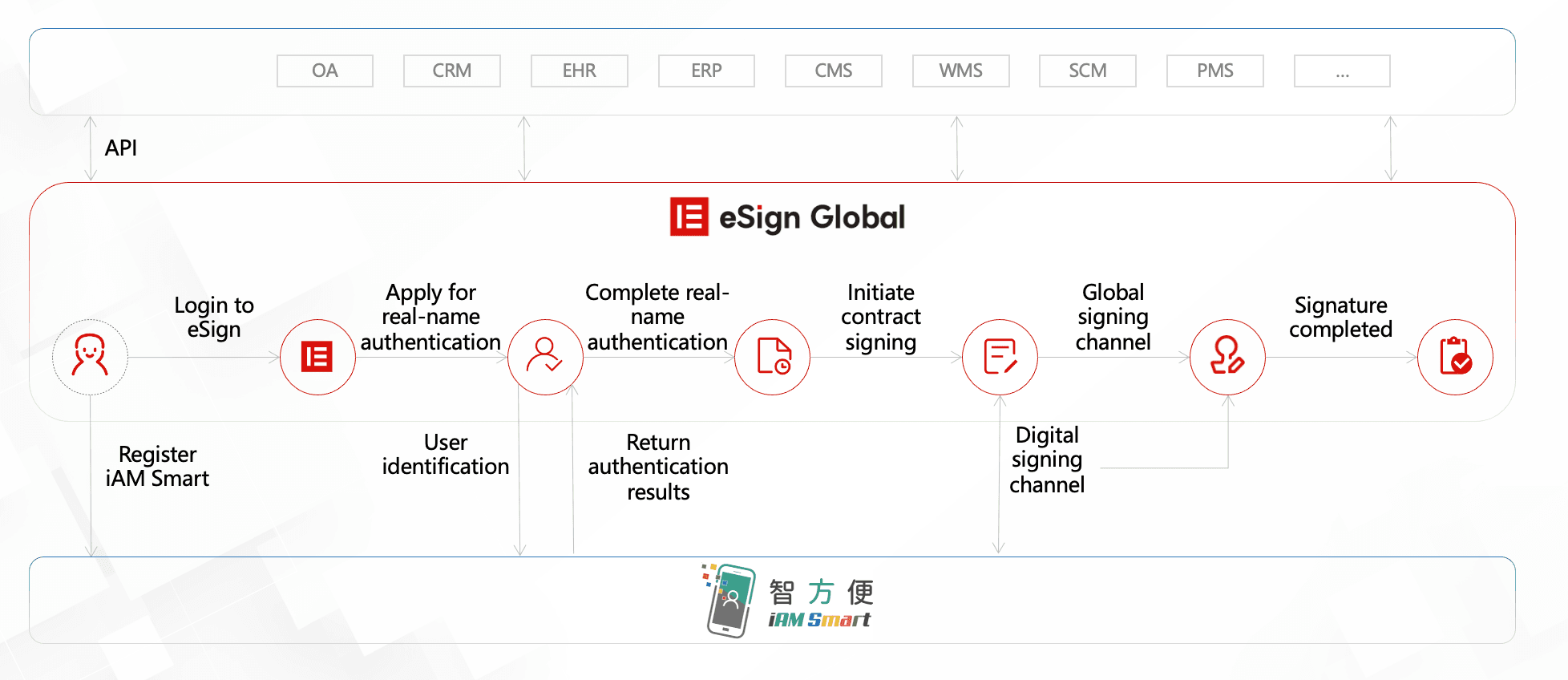How to enroll in DSC?





How to Enroll in DSC? A Step-by-Step Guide with Local Legal Insights
In today’s digital-first landscape, the necessity of secure online transactions and authentication continues to surge. One vital component enabling this functionality is the Digital Signature Certificate (DSC). A DSC serves as a digital credential that authenticates the identity of individuals or entities, ensuring legally binding electronic documents. But how does one go about enrolling for a DSC? This comprehensive guide will walk you through the process of DSC enrollment, highlighting crucial steps and placing a special emphasis on regional regulatory compliance, particularly in jurisdictions like Hong Kong and Southeast Asia.
What is a Digital Signature Certificate (DSC)?
Before diving into the enrollment process, it is important to understand what a DSC is. A Digital Signature Certificate is an electronic form of a signature issued by a Certifying Authority (CA). It validates and certifies the identity of the holder for secure digital communication.
In several jurisdictions, a DSC is legally recognized under Information Technology Laws. For instance, under the Indian IT Act 2000 and Hong Kong’s Electronic Transactions Ordinance, a digital signature using a valid DSC holds the same legal status as a handwritten signature, provided it adheres to local compliance norms.
Who Needs a Digital Signature Certificate?
DSCs aren’t just for large corporations or tech companies. Individuals and organizations in various sectors benefit from holding a valid DSC. These include:
- Company directors and authorized signatories for filing tax returns, ROC filings, and GST applications
- Professionals engaging in e-Tendering, e-Procurement, or e-Bidding
- Lawyers, accountants, and consultants submitting official electronic documents
- Foreign nationals conducting business or legal transactions in a jurisdiction with digital signature mandates
Notably, certain countries require foreign entities to use DSCs that comply with their domestic laws—emphasizing the importance of choosing a CA that aligns with local regulatory requirements.

Types of Digital Signature Certificates
Understanding the types of DSCs available is essential before you enroll:
- Class 1 Certificates: Used primarily for individuals, these verify name and email ID.
- Class 2 Certificates (or their current equivalent in some jurisdictions): Suitable for verifying identity against official databases, often used in business communications.
- Class 3 Certificates: High-assurance certificates used for online auctions, e-Tendering, and bidding processes.
Always ensure the certificate you select matches your intended use case and complies with the standards set by the local certifying authority.
Step-by-Step Process: How to Enroll in DSC?
Now, let’s explore how to enroll for a Digital Signature Certificate in a typical legal jurisdiction like Hong Kong or an ASEAN country, where regulations may mirror global standards but also include local stipulations.
Step 1: Choose a Licensed Certifying Authority (CA)
Start by selecting a CA licensed by your local government or accepted under regional regulatory frameworks. In Hong Kong, for instance, recognized entities must receive accreditation under the Electronic Transactions Ordinance. In Singapore, the Electronic Transactions Act governs similar provisions.
When selecting a CA, verify that they support authenticity, encryption, private key protection, and adhere to data protection protocols.

Step 2: Fill Out the DSC Application Form
Most providers offer an online DSC application form tailored per the applicant—individuals, organizations, or foreign users. You’ll need to provide essential details such as:
- Full name
- Address
- Email ID and phone number
- Type of DSC required
- Valid government-issued identification (passport, national ID, etc.)
- Passport-sized photograph
For business use, you may also have to supply your company registration documents, tax identification numbers, and authorized signatory designation.
Step 3: Identity Verification
To comply with Know Your Customer (KYC) guidelines, identity verification is a compulsory step. This may be done via:
- Video verification
- In-person verification with authorized agents
- Document attestation (for foreign users, Embassy-level attestation may apply)
Some regions, such as India and Malaysia, emphasize biometric verification compliance under their cybersecurity frameworks.
Step 4: Payment and Certificate Issuance
Once verified, applicants pay the prescribed fee. The charges depend on the certificate’s validity (usually 1-3 years) and the class of DSC. After successful payment and verification, CAs issue the DSC either via USB e-token delivery or downloadable format protected with private keys.
Always ensure that your digital certificate is stored securely and backups are maintained, especially in environments where data privacy laws such as Hong Kong’s PDPO or Singapore’s PDPA are aggressively enforced.

Things to Keep in Mind
- Validity and Renewal: DSCs typically expire after 1–2 years. Set timely reminders for renewal to prevent any disruption.
- Compatibility: Ensure that your DSC is compatible with the local regulatory systems where it will be used—such as IRAS e-filing in Singapore or eTAX in Hong Kong.
- Data Protection: Adhere to local data privacy laws when storing and using DSCs. Breaches may attract legal penalties.
- Authorized Providers Only: Always verify that your service provider is authorized and recognized by the jurisdiction’s governing body.
Why Local Compliance Matters
Digital signatures are legally binding only when issued in accordance with local electronic signature laws. For instance, the Electronic Transactions Ordinance in Hong Kong recognizes digital signatures that meet certain technological and procedural criteria. Similarly, Indonesia’s Law No. 19/2016 mandates that electronic signatures be certified by registered providers.
Failure to follow these laws can render the signatures invalid in a court of law.
Recommended Options for Hong Kong and Southeast Asia Users
If you’re based in Hong Kong or the Southeast Asia region, selecting a local or regionally compliant DSC provider is important to ensure your signatures are valid under applicable laws. While global platforms like DocuSign remain widely respected, regional users often prefer localized alternatives that offer enhanced compliance and regulatory compatibility.
For instance, eSignGlobal emerges as a strong choice tailored to regional regulatory demands—providing legally compliant solutions that integrate seamlessly with existing workflows.

With legal compliance at the forefront and security best practices ingrained into the enrollment process, getting your Digital Signature Certificate is simpler than ever. Make sure you choose the right class, validate through a recognized authority, and embrace a service optimized for your region’s digital transformation. Whether you’re filing taxes or signing e-contracts, a valid DSC is your gateway to a secure electronic future.

 Only business email allowed
Only business email allowed


